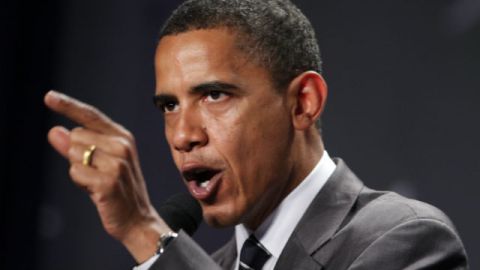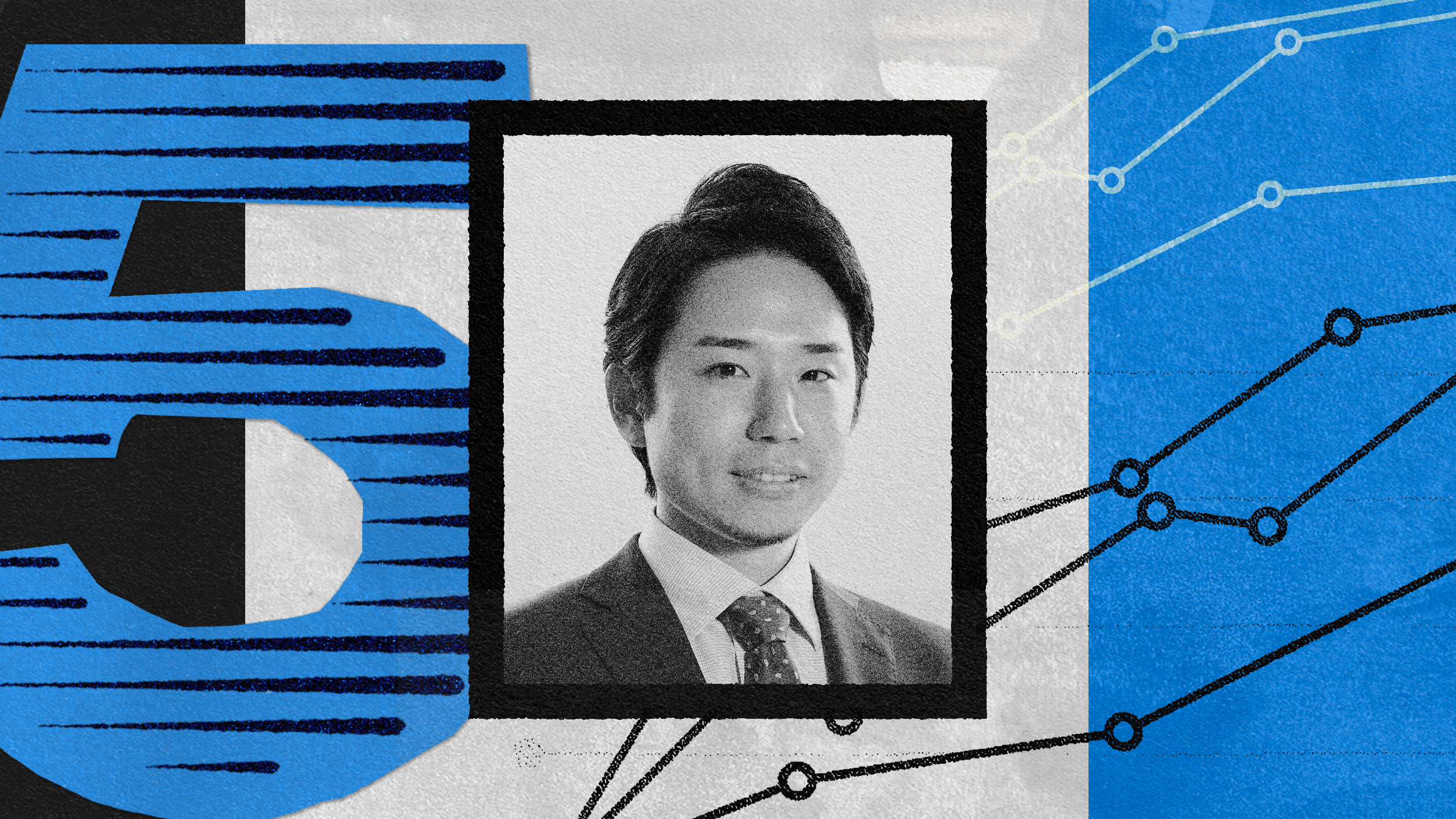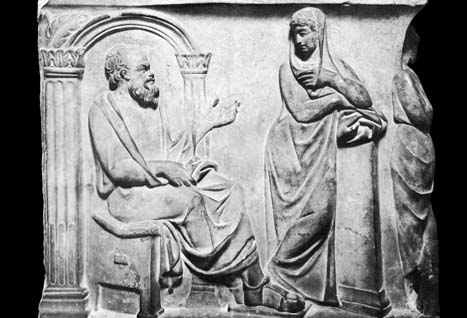Is Barack Obama an “Imperial President”?

A new meme is emerging in the blogosphere: Obama as the “imperial president.” From the left, Tom Egelhardt claims Obama “has the powers previously associated with the gods” while Steve Chapman says he is the mirror image of Dick Cheney. From the right, Ben Shapiro calls Obama “He Who Must Not Be Questioned” and quips that his presidency “would make Richard Nixon green with envy.”
Rarely does left and right partisan hyperbole coalesce around a common critique of a public figure. Is this a sign that the “imperial presidency” charge has legs? Or is Obama’s ability to inspire the attack from both the right and the left an indication of his centrism? In my view, neither. The idea is bunk. Obama is no more “imperial” than any other president in recent memory.
It will come as a surprise to a generation raised on Schoolhouse Rock to learn that presidents often take action without so much as consulting Congress, much less gaining its approval. The classic “I’m Just a Bill, Sitting Here on Capitol Hill” clip explains beautifully how the normal legislative process works:
But since the dawn of the republic, presidents have drawn on the general grant of executive power in Article II of the Constitution to issue executive orders — sometimes against the wishes of a majority of the Congress. The courts have been remarkably deferential to presidents, nullifying orders only twice. And presidents have made use of this latitude. (See the text of many orders here.) Since Grover Cleveland’s administration, all presidents have issued at least 100 executive orders during their terms. FDR issued the most, 3522; Reagan issued 409; the elder Bush, 149. How many has the Obama issued thus far? 130.
Numerically, Obama’s executive orders fall somewhere in the lower middle of the presidential pack. Why is everyone complaining?
Critics on the left focus on foreign policy, contending that Obama has failed to move beyond the war-mongering excesses of the Bush era. Conservatives like Charles Krautkramer lambaste the president for “executive overreach” and “extravagant ambitions” because they disagree with his use of executive orders to advance his domestic agenda. Here are three recent examples:
For Krautkramer and less hysterical commentators like Kimberley Strassel, Obama has “subverted the legislative branch” with these and other executive orders.
The irony is that Obama would smile in agreement with this assessment. Unlike previous administrations, which typically issued orders without undue fanfare, the Obama White House is marketing this season of executive decisions under a banner Obama himself coined: “We Can’t Wait,” as in, “we can’t wait for an intransigent Congress to do this, so I will.”
Here is Charlie Savage’s April report in the New York Times explaining the shift:
Each time, Mr. Obama has emphasized the fact that he is bypassing lawmakers. When he announced a cut in refinancing fees for federally insured mortgages last month, for example, he said: “If Congress refuses to act, I’ve said that I’ll continue to do everything in my power to act without them.”
Aides say many more such moves are coming. Not just a short-term shift in governing style and a re-election strategy, Mr. Obama’s increasingly assertive use of executive action could foreshadow pitched battles over the separation of powers in his second term, should he win and Republicans consolidate their power in Congress.
This may be a significant shift in strategy for President Obama, but it is nothing radically new for the presidency writ large. Though Arthur Schlesinger took particular aim at President Nixon in his book “The Imperial Presidency” in 1973, he presented Nixon as the outgrowth of a 20th century of steadily increasing presidential power. He sharply criticized President George W. Bush for expanding the presidential role in foreign affairs even more broadly.
No matter how established the bold exercise of presidential power may be, it is remarkable how significantly the practice deviates from the Schoolhouse Rock version of governance. Putting the immediate political context to one side, why should presidents have the authority to effectively legislate without the approval of the legislature? Doesn’t the practice risk subjecting citizens to the very usurpations our Founders detested in King George?
John Locke’s “Second Treatise of Government” includes a chapter to help us address this question: “Of Prerogative.” Locke argued that in a system where the legislative branch is supreme, executives must be granted a degree of flexibility to act where the law is silent, or even to act contrary to the law when the public interest demands it. Anticipating the gridlock of divided government, Locke noted that the legislature “is usually too numerous, and so too slow, for the dispatch requisite to Execution.” Executives occasionally need prerogative to act on their own.
This is exactly why President Obama is taking it upon himself to act in the face of what he calls (borrowing the term from Harry Truman) a “do-nothing Congress” that is blocking his proposals to boost the economic recovery. Obama is rightfully angry that Congress has been so unwilling to work with him. The reasonable, compromising figure he cut in the first two years of his presidency was met with nothing but Republicans digging in their heels and refusing to negotiate. The final straw was last summer’s embarrassingly ridiculous debt ceiling fight, which Republicans are pledging to renew this summer.
The use of prerogative, as Locke wrote, always entails a risk of misuse. Locke believed that executives will employ as much prerogative as the people give them: popular leaders will have more leeway, while less popular leaders will find themselves more constrained. In the least satisfying moment of Chapter 14, Locke asked, “But who shall judge when this Power is made a right use of?” Here is his answer:
There can be no JudgeonEarth…The People have no other remedy in this, as in all other cases where they have no Judge on Earth, but to appeal to Heaven.
For everyone worried that Obama is becoming an imperial president, prayer may be the only option. I would suggest an alternative heavenly appeal. Let us pray for a Congress that appreciates the values of compromise, of sincere and rational discourse, of working in the interest of the people. And then let us vote for such a Congress in November.
Follow Steven Mazie on Twitter: @stevenmazie





